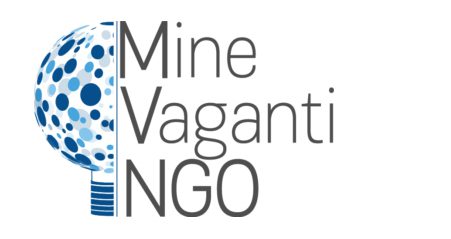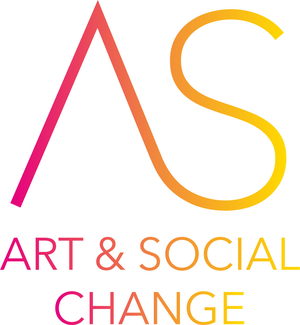Vulnerable Youth and their Transition to Adulthood
Youth is being described in many different ways. One of the description is understanding youth as transition period between the dependency of childhood and the responsibility of adulthood. This social phase might be longer or shorter depends on the context. UN uses the ages 15 to 24, Erasmus + set the ages between 13 to 30. More than age border is essential to understand that youth more of a social age than a development period, age that makes young people vulnerable to harmful things like participation in violence, conflict, to transmitted infections and disease but also it is age when people can be in crises of unemployment or face early parenthood.
There are many interconnected influences that affect youth vulnerabilities including inequality, social exclusion, impoverishment, economic insecurity, political conflict or technological change. If youth organizations wish to effectively address the situation of vulnerable youth they need to have good understanding of the group itself, but also be aware of the influences and the challenges connected with transition to adulthood.
The goal of this project is to raise capacities of youth organizations to effectively address the needs of vulnerable youth and enable them to face various risks factors on the way to adulthood.
Project Objectives:
-To strengthen capacities of youth organizations to reduce vulnerability by providing tailored and effective services;
-To develop competencies of youth workers to address the needs of vulnerable youth and to support their empowerment;
-To support sharing practices, tools supporting engagement of vulnerable youth in education, training and employment;
-To raise knowledge of the partners and participants on Erasmus + Programme as an instrument of engaging and empowering vulnerable youth.
Project Activities:
The project will consist from two training courses for youth workers, youth leaders working with vulnerable youth or motivated to work with this target group. The first training course will provide the participants an opportunity to gain better understanding of the challenges that vulnerable youth is facing, the risks that they might experiencing. Also, the participants will focus on exploring existing practices and tools.
The second training course will tackle the issues of engagements and empowerment of vulnerable youth by providing quality youth services and overcoming the obstacles that they might have face. Special attention will be paid to Erasmus + Programme as an instrument of engagement.





